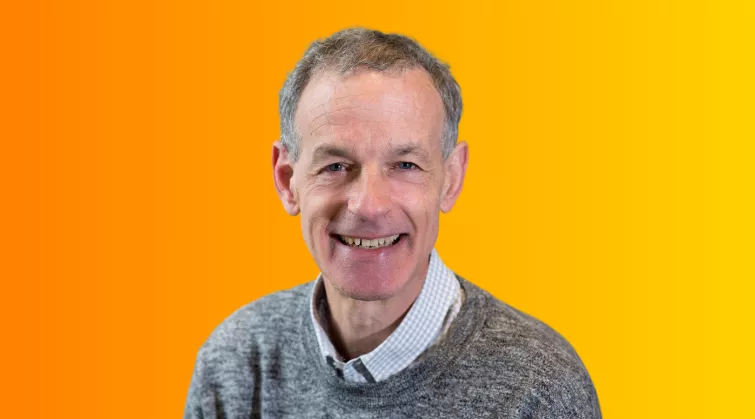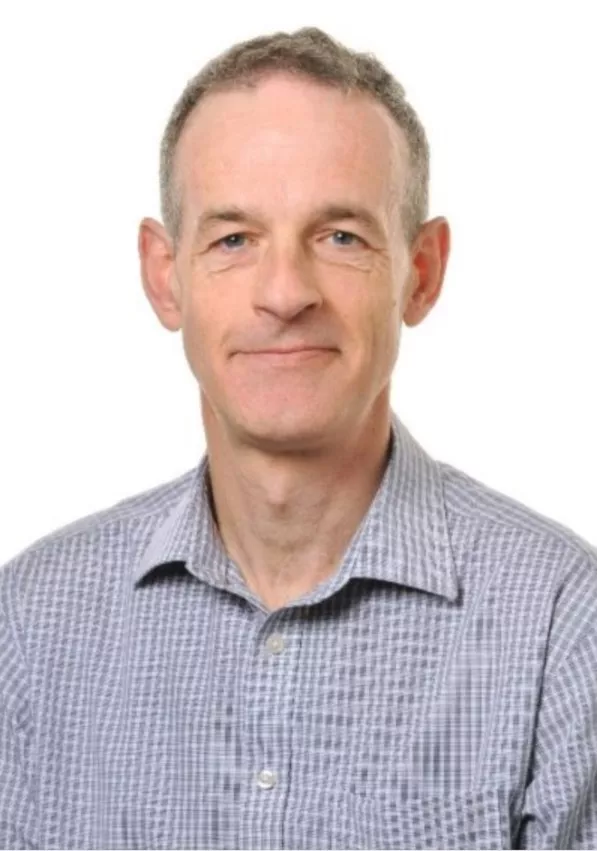
Plus spotlights on our free academic trainees day, QI work and ongoing call for free school meals.
I was in the Northumbrian fishing village of Amble last weekend to attend the unveiling of a blue plaque outside the house of Sir James Calvert Spence, considered by many as the founding father of British paediatrics. From this somewhat obscure origin “JC” established paediatrics as a specialty in Newcastle, championed the importance of breastfeeding and was one of six individuals who established the British Paediatric Association (BPA) in 1928. Twenty-four paediatricians were invited but the other 18 could not make the meeting! The BPA became RCPCH in 1996 and now has a membership of more than 23,000.
Let me put this into context. The Royal College of Physicians was established in 1518 and the Royal College of Physicians and Surgeons of Glasgow in 1599. So our membership organisation is really very young. But in many ways we have caught up; of the 24 medical colleges and faculties there are only four with a larger membership today.
And as an organisation we are achieving a lot. This week I have been scoring some of the 60+ workshop proposals submitted for next year’s College conference, reviewing 25+ applications for youth trustee and judging lots of applications for the College staff’s “People awards”. And the graduation ceremony for Fellows and Members (and their families) in Birmingham this Wednesday was a reminder of the prestige members feel from being College members.
Just yesterday, Lord Darzi's independent investigation highlighted the parlous state of children's health and wellbeing and child health services in England. As paediatricians we can see the problems and also the solutions. Earlier this summer, we provided evidence to this investigation, so while the findings are sobering they are not a surprise and it is welcome to see our concerns at its core. Darzi's report comes hot on the heels of a flagship piece of work for the College: "From Left Behind to Leading the Way: a blueprint for transforming child health services in England". This sets out similar challenges to Darzi but crucially also puts forward evidence-based solutions for the new government. There will be more to follow on this in the devolved nations.
In Wales, we were delighted the most recent government reshuffle produced a Minister for Children and Social Care, and we look forward to a strong working relationship with Minister Bowden. We are keen to work with the governments and assemblies across the UK for a better future for our members and patients, as will be laid out in our strategy. This will be published shortly and will set targets we intend to reach in the UK and internationally by 2027 (or earlier).
#WDYCD4Y - What Does Your College Do for You
In collaboration with the National Institute for Health and Care Research, the College is hosting an online Academic Trainees Day on 1 October. This is aimed at paediatricians in training with existing research experience and is perfect for paediatric trainees who are looking to enhance their research skills, deepen their understanding of research opportunities and develop their knowledge of wider research applications.
You will attend a range of workshops on research skills and opportunities, hear about experiences of conducting research and research career paths and have the opportunity to network with colleagues. Find out more and register for the Academic Trainees Day.
Thirlwall Inquiry
RCPCH is a core participant of the Thirlwall Inquiry, which held the initial opening statements this week. You may have seen press coverage of the Inquiry's proceedings. The RCPCH is fully committed to working with the Thirlwall Inquiry to ensure that lessons are learned, both for the College and wider healthcare systems across the UK. You can find the College’s statement on this website.
QI training and teamwork
Many of you will know that we've run the Epilepsy Quality Improvement Programme, or EQIP, over the past five years. This brilliant programme has worked with multidisciplinary teams in paediatric epilepsy services across England and Wales, providing QI training and support to help them make sustainable improvements to their services. As EQIP comes to an end, we've published reports to evaluate the programme's impact. The participating teams have also shared case studies on the dedicated EQIP site of their local service improvements, covering varied topics such as transition pathways, patient engagement and mental health support.
And speaking of quality improvement, we have a new QI Fellow here at the College: Dr Emma Vittery is a paediatric sustainability fellow at the Great North Children's Hospital in Newcastle. Ahead of next Tuesday's World Patient Safety Day, Emma has written her first blog to look at how we can all ensure safety is core to our clinical work.
College calls for roll-out of free school meals
I know paediatricians around the UK are passionate about the roll-out of free school meals to children and young people who need them, to tackle poverty around the UK and slow deteriorating child health. This week the College joined the No Child Left Behind Campaign to call on the new Government to bring forward free school meals. You can read my Guardian piece and my commentary on the BBC Today programme.
We are also actively lobbying MSPs on supplying free school meals to all primary age children in Scotland and are partnering with the FPH in Wales to advocate for greater nutritional standards for school meals there.
Best wishes,
Steve
This message was emailed to all RCPCH members who are opted in to receive College updates / professional updates. You can update your contact preferences at any time - log in to your RCPCH online account, go to My account | Your contact preferences, then make sure you've ticked College updates / professional updates.










